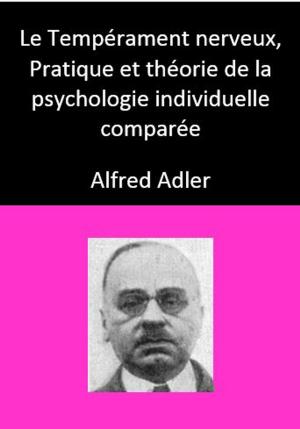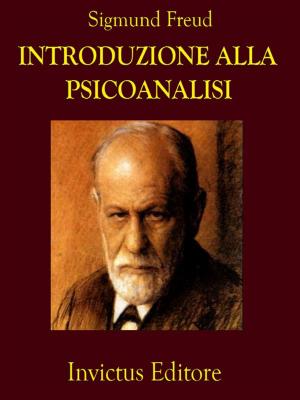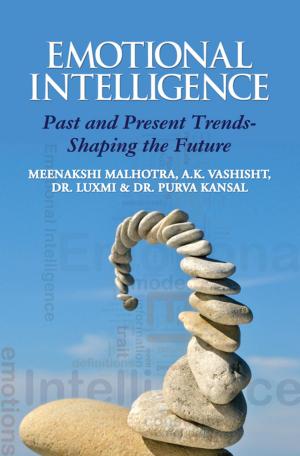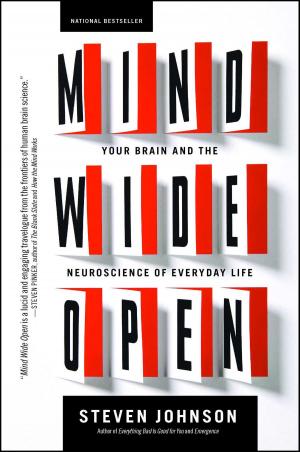A Different Kind of Sentinel
Nonfiction, Religion & Spirituality, Inspiration & Meditation, Spirituality, Health & Well Being, Psychology| Author: | Sir E. J. Drury II | ISBN: | 9780979702334 |
| Publisher: | Sir E. J. Drury II | Publication: | February 18, 2013 |
| Imprint: | Smashwords Edition | Language: | English |
| Author: | Sir E. J. Drury II |
| ISBN: | 9780979702334 |
| Publisher: | Sir E. J. Drury II |
| Publication: | February 18, 2013 |
| Imprint: | Smashwords Edition |
| Language: | English |
Having survived the war in Vietnam, without physical injury to himself, Sir E. J. Drury II “had nonetheless incurred the deeper wounds of a house divided against itself.” As a child, had not he experienced his real father’s schizophrenia and, later, his stepfather’s alcoholism as war related, he may very well have written a different kind of story than A Different Kind of Sentinel.
For Sir E. J. gives to the imagination what Carl Jung gave to the world—via Active Imagination and the Transcendent Function—a reality “that is just as accessible to one’s faculties as the material world.”
From the first page of the book to the last, does the author slip so seamlessly from one world to the next, as if there were truly no distinction between the two. While standing, for example, in front of a mirror, one day, he sees an image of his soul, a woman “standing opposite” him in the mirror. Alarmed at first, he steps “back from the mirror only to find himself being inexorably drawn back into her world through the smile on her face.” In the end, is he “left standing in front of the mirror, smiling at an image of himself dressed as a white knight.”
And therein lies the whole story in a nutshell. For this remarkable story is as much about the author as it is about the soul and their eventual reunion. While he fears the white knight, she loves the White Knight “above all else.” Where he longs to be free of his indenture to the beast, she longs to be free of her imprisonment in nature. “I am the way,” she boldly proclaims when he finally admits he is lost. And though the two suffer the same agonizing pain of separation from each other and their respective worlds, both seek the one person they are meant to become.
As a sailor, does he reluctantly set off in search of she who must be obeyed if he is to overcome the beast that burdens him and the rest of humanity with self-destruction or destruction of the self. “Whatever you do,” is he forewarned by a fellow shipmate, “don’t let them rob you of the most precious gift you have, your humanity, for the wraiths will claw away at it until all that remains is the shadow of what was once you.” So must he, at all costs, resist the temptation of his fathers before him, “to live out the visions of others rather than the one with which he had been entrusted at birth,” a vision that eventually pits him against the Navy as he comes to a fuller understanding of the true meaning of military service.
Filled with many insights into the workings of the soul and the trinity, human sexuality and creativity, war and the beastly side of human nature, the book is intended for those intrepid souls who will venture to open its pages in search of what might free them from the clutches of the beast that threatens to destroy us all before we destroy our selves—the beast’s only mode of operation.
Having survived the war in Vietnam, without physical injury to himself, Sir E. J. Drury II “had nonetheless incurred the deeper wounds of a house divided against itself.” As a child, had not he experienced his real father’s schizophrenia and, later, his stepfather’s alcoholism as war related, he may very well have written a different kind of story than A Different Kind of Sentinel.
For Sir E. J. gives to the imagination what Carl Jung gave to the world—via Active Imagination and the Transcendent Function—a reality “that is just as accessible to one’s faculties as the material world.”
From the first page of the book to the last, does the author slip so seamlessly from one world to the next, as if there were truly no distinction between the two. While standing, for example, in front of a mirror, one day, he sees an image of his soul, a woman “standing opposite” him in the mirror. Alarmed at first, he steps “back from the mirror only to find himself being inexorably drawn back into her world through the smile on her face.” In the end, is he “left standing in front of the mirror, smiling at an image of himself dressed as a white knight.”
And therein lies the whole story in a nutshell. For this remarkable story is as much about the author as it is about the soul and their eventual reunion. While he fears the white knight, she loves the White Knight “above all else.” Where he longs to be free of his indenture to the beast, she longs to be free of her imprisonment in nature. “I am the way,” she boldly proclaims when he finally admits he is lost. And though the two suffer the same agonizing pain of separation from each other and their respective worlds, both seek the one person they are meant to become.
As a sailor, does he reluctantly set off in search of she who must be obeyed if he is to overcome the beast that burdens him and the rest of humanity with self-destruction or destruction of the self. “Whatever you do,” is he forewarned by a fellow shipmate, “don’t let them rob you of the most precious gift you have, your humanity, for the wraiths will claw away at it until all that remains is the shadow of what was once you.” So must he, at all costs, resist the temptation of his fathers before him, “to live out the visions of others rather than the one with which he had been entrusted at birth,” a vision that eventually pits him against the Navy as he comes to a fuller understanding of the true meaning of military service.
Filled with many insights into the workings of the soul and the trinity, human sexuality and creativity, war and the beastly side of human nature, the book is intended for those intrepid souls who will venture to open its pages in search of what might free them from the clutches of the beast that threatens to destroy us all before we destroy our selves—the beast’s only mode of operation.















